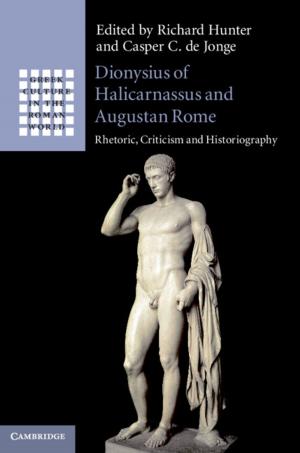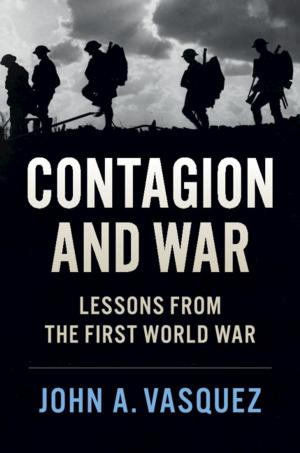The Importance of Being Innocent
Why We Worry About Children
Nonfiction, Social & Cultural Studies, Social Science, Anthropology, Sociology| Author: | Joanne Faulkner | ISBN: | 9781139012287 |
| Publisher: | Cambridge University Press | Publication: | November 3, 2010 |
| Imprint: | Cambridge University Press | Language: | English |
| Author: | Joanne Faulkner |
| ISBN: | 9781139012287 |
| Publisher: | Cambridge University Press |
| Publication: | November 3, 2010 |
| Imprint: | Cambridge University Press |
| Language: | English |
The Importance of Being Innocent addresses the current debate in Australia and internationally regarding the sexualisation of children, predation on them by pedophiles and the risks apparently posed to their 'innate innocence' by perceived problems and threats in contemporary society. Joanne Faulkner argues that, contrary to popular opinion, social issues have been sensationally expounded in moral panics about children who are often presented as alternatively obese, binge-drinking and drug-using, self-harming, neglected, abused, medicated and driven to anti-social behavior by TV and computers. This erudite and thought-provoking book instead suggests that modern western society has reacted to problems plaguing the adult world by fetishizing children as innocents, who must be protected from social realities. Taking a philosophical and sociological perspective, it outlines the various historical trends, emotional investments and social tensions that shape contemporary ideas about what childhood represents, and our responsibilities in regard to children.
The Importance of Being Innocent addresses the current debate in Australia and internationally regarding the sexualisation of children, predation on them by pedophiles and the risks apparently posed to their 'innate innocence' by perceived problems and threats in contemporary society. Joanne Faulkner argues that, contrary to popular opinion, social issues have been sensationally expounded in moral panics about children who are often presented as alternatively obese, binge-drinking and drug-using, self-harming, neglected, abused, medicated and driven to anti-social behavior by TV and computers. This erudite and thought-provoking book instead suggests that modern western society has reacted to problems plaguing the adult world by fetishizing children as innocents, who must be protected from social realities. Taking a philosophical and sociological perspective, it outlines the various historical trends, emotional investments and social tensions that shape contemporary ideas about what childhood represents, and our responsibilities in regard to children.















